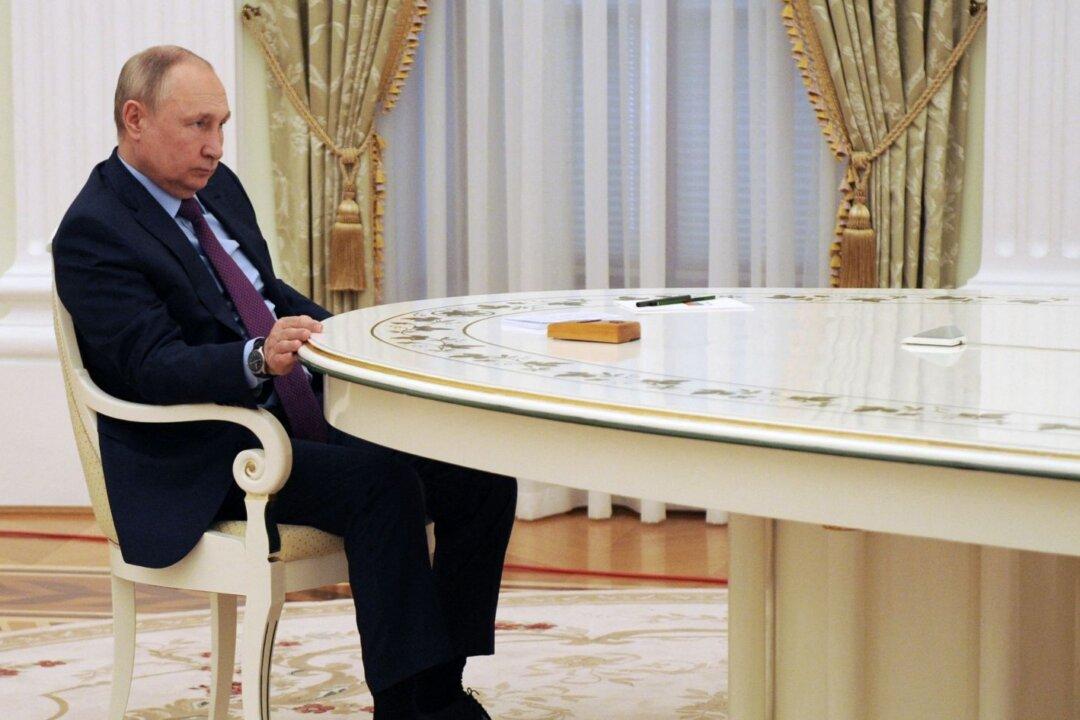Commentary
Russian leader Vladimir Putin has gotten himself into a strategic hole with his invasion of Ukraine. He is determined to keep digging, that is, sustaining and escalating the war with Kyiv.

Russian leader Vladimir Putin has gotten himself into a strategic hole with his invasion of Ukraine. He is determined to keep digging, that is, sustaining and escalating the war with Kyiv.